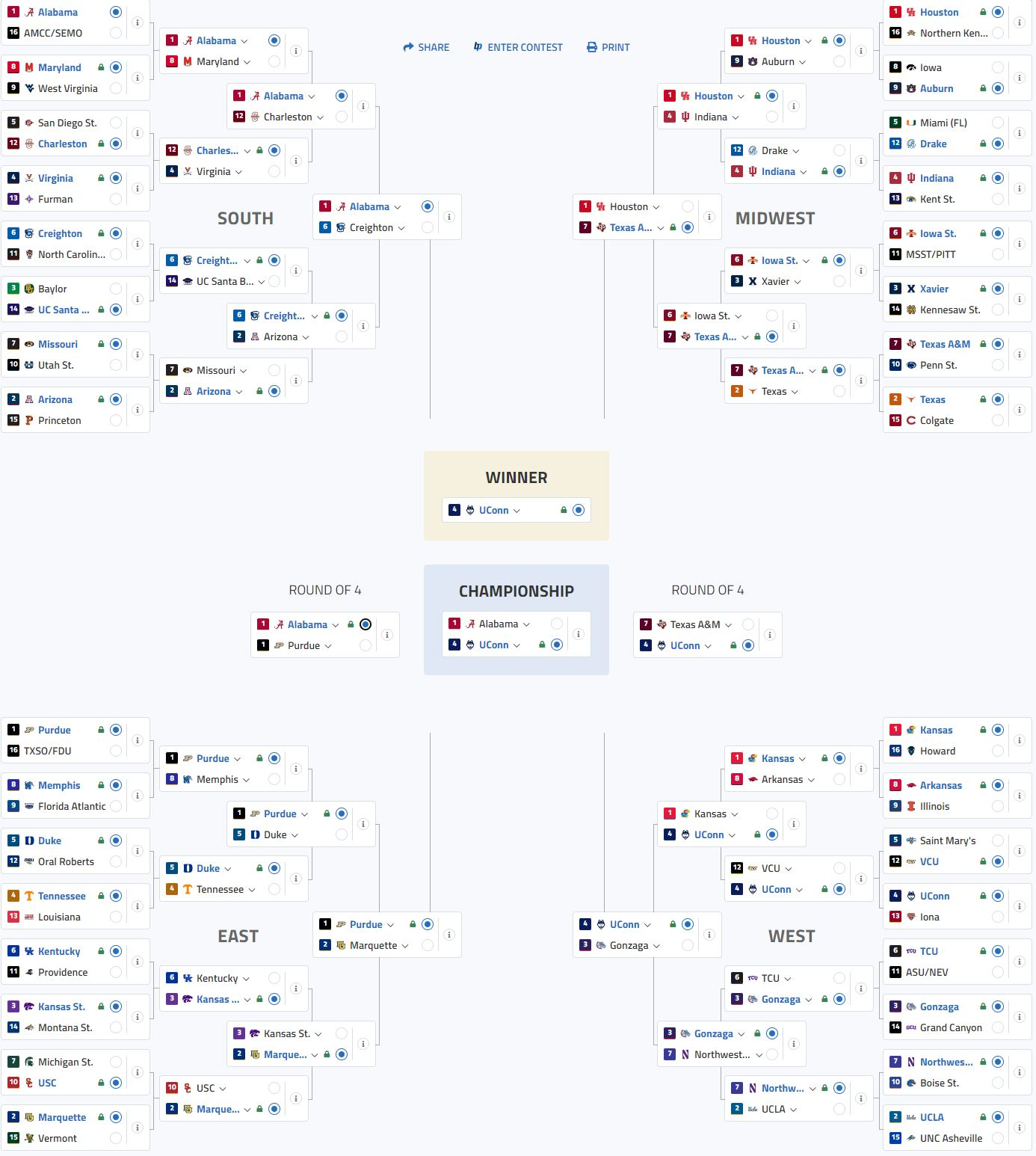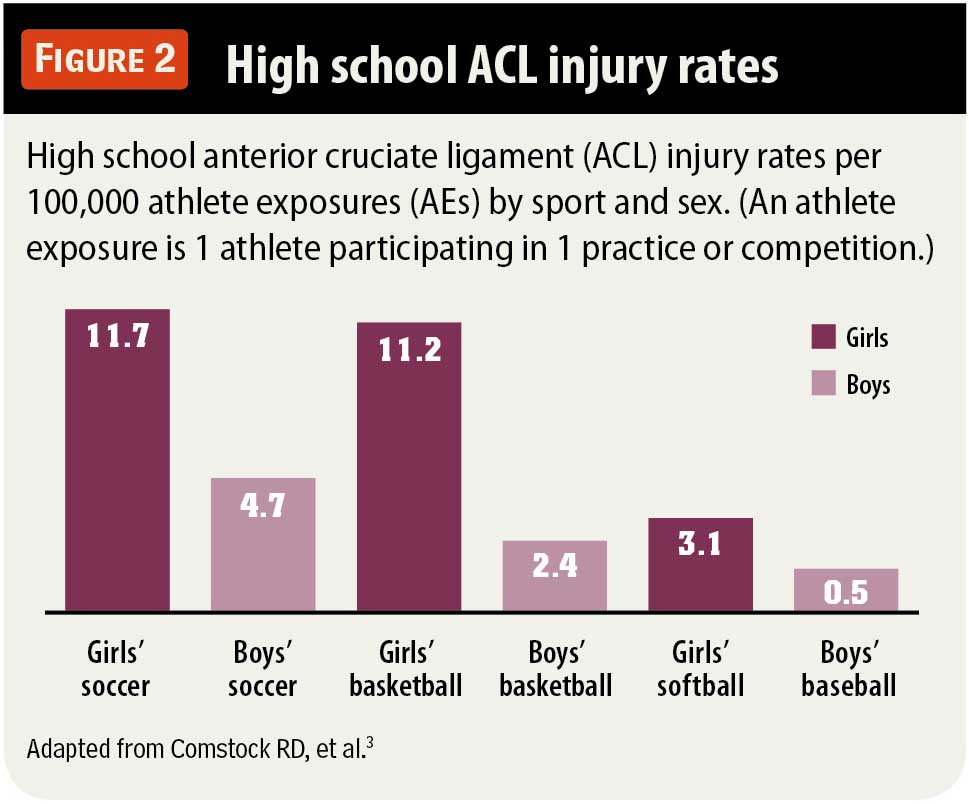Understanding NCAA bracket odds is essential for any college basketball fan looking to make informed predictions during March Madness. With the thrill of the NCAA tournament unfolding, many enthusiasts dream of crafting the elusive perfect NCAA bracket, but the odds of achieving this feat are astronomically low. In fact, statistical models suggest that picking a perfect bracket is as rare as winning the Powerball twice in a row. Despite the excitement surrounding NCAA tournament statistics and teams battling it out, history shows that ensuring success in bracket predictions can be incredibly challenging, especially with expected upsets in NCAA tournament play. As fans fill out their brackets, considering college basketball odds and anticipating the unpredictable nature of each game is crucial for navigating this thrilling annual event.
Delving into the world of NCAA tournament predictions reveals a landscape filled with excitement and uncertainty. The quest for a flawless bracket captivates many, yet the reality is that achieving such perfection remains a highly improbable challenge. Fans often ponder their chances against the backdrop of historical tournament statistics, where surprises can easily upend expectations. As the frenzy of college basketball unfolds, awareness of potential upsets and fluctuations in odds could significantly influence one’s strategy for making predictions. Engaging with the nuances of bracket competitions can elevate both the enjoyment of the tournament and the strategic approach to picking teams.
Understanding NCAA Tournament Statistics
The NCAA tournament is a highly anticipated event in college basketball, attracting millions of viewers each year. Understanding NCAA tournament statistics is crucial for making informed bracket predictions. Analysts often scrutinize metrics such as team performance, scoring averages, and historical success rates of seeds. For instance, the likelihood of upsets—where lower-seeded teams defeat higher-seeded ones—can significantly impact the overall outcomes of the tournament and your bracket’s success.
Statistics indicate that while high seeds typically dominate in early rounds, surprises do happen. In recent tournaments, several lower seeds have pulled off unexpected victories, turning the odds in favor of the underdogs. This unpredictability adds excitement and complexity to the NCAA tournament, requiring fans and participants alike to analyze a variety of factors intelligently while preparing their bracket predictions.
Frequently Asked Questions
What are the odds of creating a perfect NCAA bracket?
The odds of creating a perfect NCAA bracket are estimated at 1 in 2^63, which translates to a staggering number in the quintillions. This statistical improbability means it’s unlikely anyone will achieve a perfect bracket in their lifetime, as no one has ever reported successfully doing so.
How do NCAA tournament statistics affect bracket predictions?
NCAA tournament statistics are crucial for bracket predictions as they provide insights into team performance, historical outcomes, and potential upsets. Analyzing these statistics helps bettors and analysts make informed decisions when assessing college basketball odds.
Can I improve my NCAA bracket predictions by analyzing upsets in the NCAA tournament?
Yes, incorporating potential upsets in NCAA tournament predictions can enhance your chances of success in bracket challenges. Understanding past patterns of upsets and current team matchups will help you make educated choices rather than relying solely on favorites.
What role do college basketball odds play in filling out an NCAA bracket?
College basketball odds are instrumental in determining which teams are favored to win and can guide your selections when filling out an NCAA bracket. These odds reflect expert analysis and betting trends, aiding in strategic predictions.
What strategies can I use to identify potential upsets in my NCAA bracket?
Identifying potential upsets in your NCAA bracket involves researching team performance, evaluating head-to-head matchups, and considering variables like injuries or momentum shifts. Historical upset patterns can also provide valuable insights for making informed predictions.
| Key Point | Details |
|---|---|
| Odds of a Perfect NCAA Bracket | The odds of achieving a perfect bracket are 1 in 2^63, an astronomical figure in the quintillions. |
| Historical Context | No one has successfully reported a perfect NCAA bracket in history. |
| Current Status | As of halfway through the tournament, no perfect brackets remain from public entries. |
| Realistic Expectations | It’s extremely unlikely anyone will achieve a perfect bracket in their lifetime. |
| Winning Office Pools | Success in office pools relies on both picking favorites and strategically choosing upsets. |
| Tips for Picking Upsets | Use available information to avoid random guesses, especially when teams are mismatched. |
Summary
The NCAA bracket odds of achieving a perfect bracket are staggeringly low, estimated at 1 in 2^63, making it an almost impossible feat for fans and participants alike. With no reported perfect brackets in history, even the best strategists must accept the unlikelihood of such an event. When engaging with NCAA bracket odds, it’s not just a matter of luck; understanding the dynamics of the game and the teams involved can enhance one’s chances of winning office pools, although upsets are always part of the unpredictable nature of the tournament.



